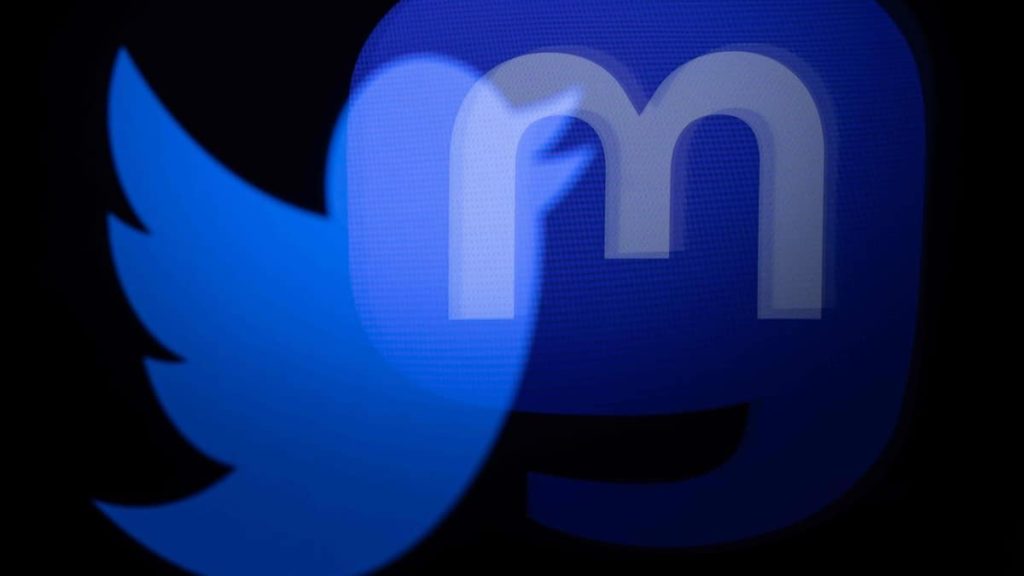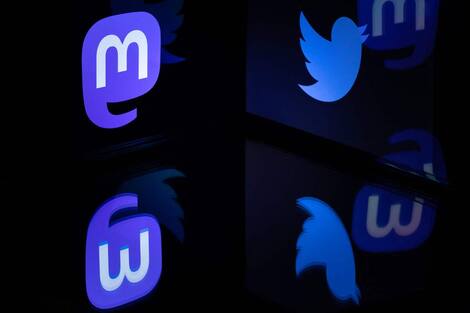
Since Elon Musk bought Twitter, some users, unhappy or worried about the actions announced by his new boss, have decided to switch to other platforms.
• Also Read: Mid-term elections: Elon Musk calls on Americans to vote Republican
• Also Read: UN asks Musk to defend human rights on Twitter
• Also Read: Twitter is laying off 50% of its employees worldwide
The reasons for the indictment are many, from anger over a massive layoff plan within the group to fears of a rise in extremist rhetoric to opposition to Mr. Musk’s desired paid subscription model.
Where are the frustrated Twitterers running to? What is the extent of their migration?

AFP
Unknown to the general public just a few days ago, Mastodon is experiencing a peak in popularity among internet users who are worried about the future of Twitter.
Created in 2016 by German developer Eugen Rochko, the site presents itself as a “free and open source decentralized social network” with no ads.
Specifically, it allows each user to join a community of his choice, according to his centers of interest, which establishes its own rules.
Mastodon, which prides itself on being “not for sale,” consists of a network of thousands of independent servers, also known as instances. Members may interact if their respective servers’ moderation rules are compatible.
In his personal account, Mr. Rochko said Mastodon reached more than a million active monthly users on Monday, adding 1,124 servers and nearly 490,000 new users since Oct. 27, the date Twitter was effectively bought by Elon Musk.
However, many users who were tempted by the experience said they were put off by the very intuitive aspect of the platform, particularly highlighting the difficulty of creating an account.
Others lament that content moderation is left to the sole discretion of group administrators, highlighting the risk of arbitrary decisions.

AFP
Jack Dorsey
Other attractive platforms are still under development for those looking to leave Twitter.
At the end of October, 30,000 people were registered on the waiting list in 48 hours, a new project of Twitter co-founder Jack Dorsey that guarantees the personal data of Bluesky or cohost. Consumers are never sold.
Already established platforms such as the microblogging site Tumblr or the audio chat application Clubhouse have gained popularity in online discussions.
A few other young shoots, including Counter Social and Tribal Social Networks, are also piquing the curiosity of Internet users.
Networks such as Gab, Parlor or Truth Social, a platform launched by Donald Trump, were traditional alternatives to Twitter before Elon Musk took over. They probably also hope to renew users.
For now, there’s no indication that these alternatives can compete with Twitter, let alone overtake the Bluebird network, which had about 238 million active daily users as of the end of June.
In a tweet published overnight from Monday to Tuesday, Elon Musk assured that “the number of Twitter users worldwide has increased significantly since the takeover deal was announced,” without providing figures.
“And these are early days,” the billionaire entrepreneur continued. “As Twitter is about to become the most trusted source of truth, this is essential.”
It remains to be seen whether popular figures on Twitter (singers, athletes, politicians) will continue to be active there or prefer their presence on platforms with wider audiences such as Facebook, Instagram or TikTok.





More Stories
Sportswear: Lolle acquires Louis Garneau Sports
REM is still innovative enough to foot the bill
A trip to the restaurant with no regrets for these customers